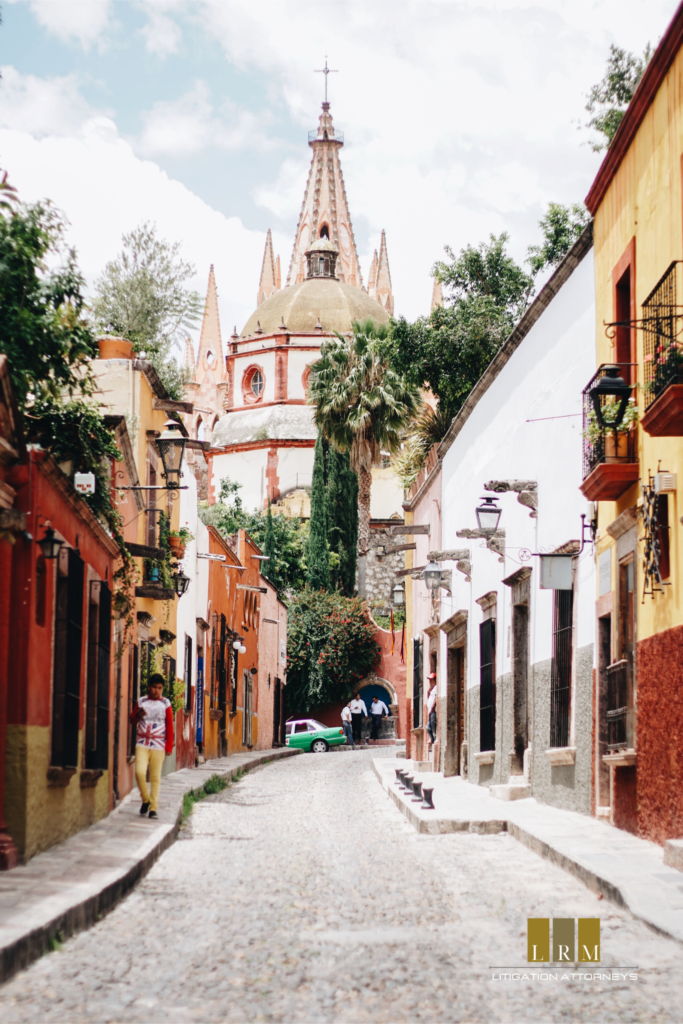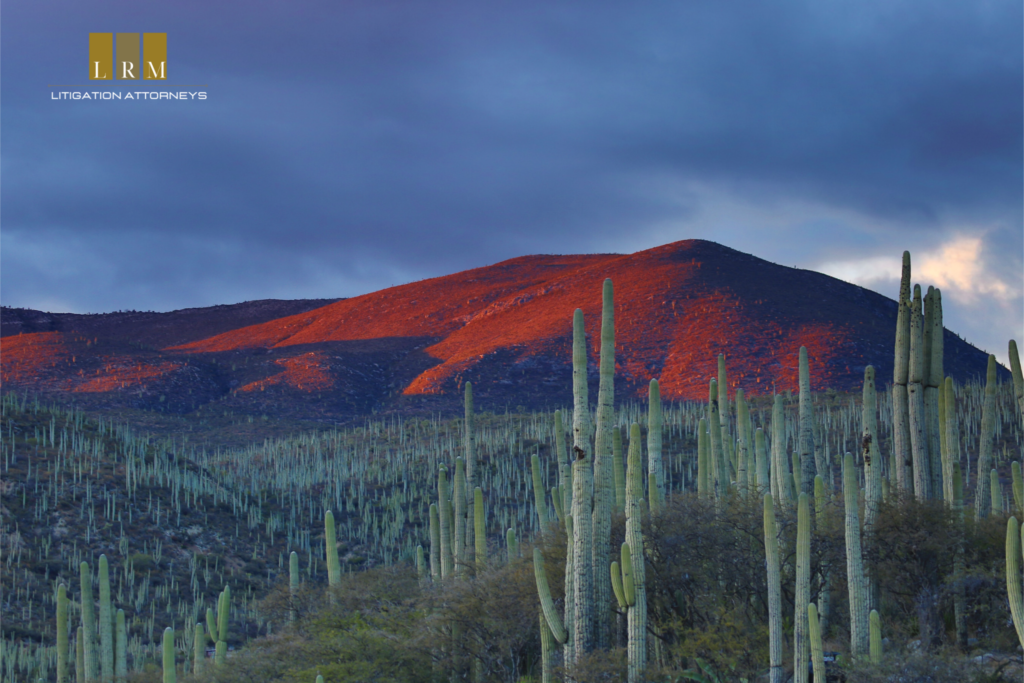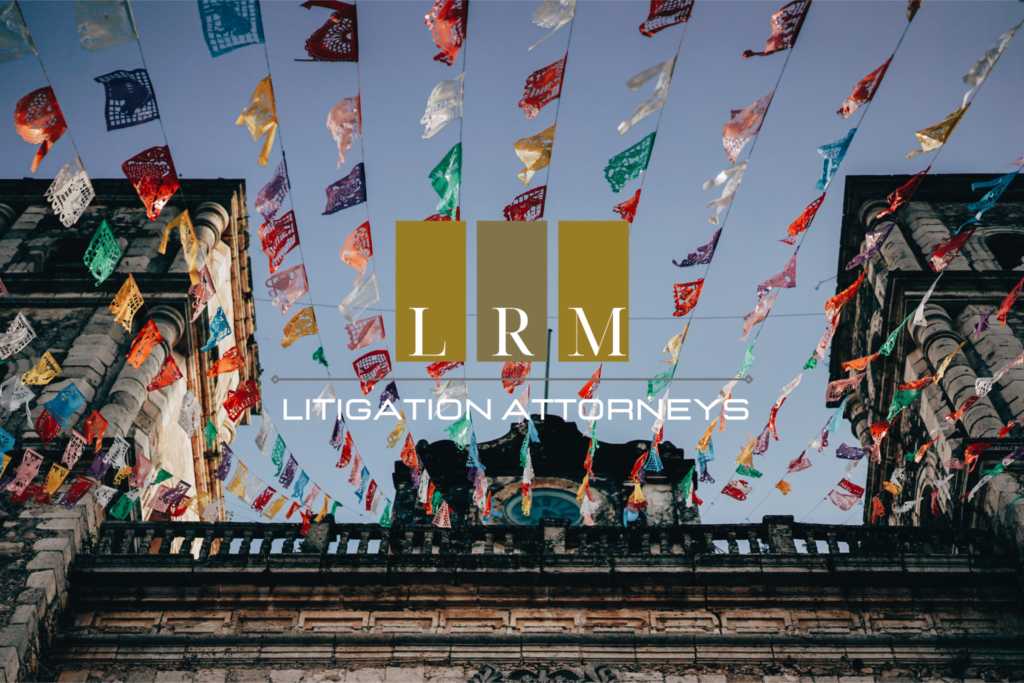During the Colonial Period, Mexico exhibited characteristics reminiscent of a feudalistic society. The populace toiled on lands that would never be theirs, often trapped in a state of perpetual bondage to the land.
To address this grave inequity, the concept of ejidos emerged as a means of rectification. Derived from the Latin term “exitus,” ejidos denote communal lands upon which laborers can cultivate. While they do not possess ownership over the land itself, they do enjoy exclusive rights to its bountiful yield. This article endeavors to elucidate the essence of an ejido, unravel its historical underpinnings, and underscore its contemporary relevance that may directly impact you.
The ejido, although rooted in ancient practices has emerged as a relatively young real estate institution in present-day Mexico. After enduring centuries under the loan system, Mexico found itself with the majority of its farmland concentrated in the hands of a privileged elite. However, following the Mexican Revolution of 1917, the government took action to rectify this imbalance by reclaiming many of these large plots and transforming them into ejidos, communal lands that would provide Mexican citizens with access to vital agricultural resources. As a result, ejidos and the farming communities responsible for their management now encompass over 40% of Mexico’s total land area.
Purchasing Ejido Land: Exploring the Possibilities
While foreigners are technically unable to hold title over ejido land, this does not mean that they cannot purchase and reside on it. The extensive holdings of ejido land comprise different types of parcels governed by the community. These include land designated for community development, common land, and individually-possessed parcels. Community development land remains essentially untouchable, but common land can be converted into individual parcels intended for residential use. In certain circumstances, these residential parcels, known as solares, can even be privatized. If you are someone who appreciates the allure of living off the beaten path, you may find yourself irresistibly drawn to properties situated on ejido land.
Living on an ejido parcel entails purchasing the residence on agrarian terms, which pertains to a rural system of property management distinct from conventional forms of ownership governed by the Mexican government. Under agrarian terms, you acquire the right to possess the property; however, it is essential to note a few noteworthy caveats.
First and foremost, it is important to remember that you do not hold legal title to the property. Consequently, not all rights typically associated with ownership will apply to you. The community itself dictates the rules regarding property use and development. Additionally, you must be prepared to make an outright cash purchase, as mortgages are not available for untitled properties. Since the property does not belong to you, it cannot be used as collateral, and obtaining insurance for it may prove challenging. Before proceeding too far into the process of securing insurance, it is advisable to confirm with your insurance provider whether they cover untitled property.
Fortunately, although the original agrarian terms regarding possession remain in place, you can transfer the property to an heir or potentially profit from its sale.
The Path to Purchasing Ejido Land
Now that you found the perfect Ejido land, To navigate the process successfully as a buyer or seller, it is crucial to engage with a reputable law firm that specializes in this particular area of expertise. They will guide you through the necessary steps and ensure compliance with legal requirements.
In some instances, you or a representative may need to attend periodic community assemblies to present your land transfer plan. If community approval is obtained without complications, you can proceed with the transfer of possession. It is essential to understand that, as a buyer, you will not receive a deed transferring title to your name, as ejido land does not allow for individual ownership. Additionally, your purchase will not be recorded in the national property registry. Instead, you will acquire a Cesion de Derechos (Transfer of Rights) and a Constancia de Posesion (Record of Possession) to substantiate your right to possess and utilize the property. The former document outlines the transfer of possession, while the latter confirms your granted rights.
To navigate this intricate process effectively and protect your interests, it is strongly recommended to consult a specialized law firm. They possess the expertise and knowledge to guide you through the legal intricacies, ensuring a smooth transaction and providing you with peace of mind.
Transforming Ejido Land into Private Property
Since 1992 the Programa para Cesion de Derechos Ejidales (PROCEDE) offers a viable pathway for ejido lands to undergo a process known as “regularization,” ultimately enabling private ownership.
The decision to pursue land regularization requires the participation of the entire ejido community. A two-thirds majority vote is necessary to approve the privatization of the land. However, even if the vote passes, it is important to consider the possibility of subsequent challenges from individuals asserting valid communal claims to the land. Engaging the services of a qualified lawyer is imperative to conduct thorough due diligence, particularly in identifying any ancestral claims or other potential complexities. Dealing with such matters can lead to protracted and costly legal battles. It is worth noting that the inherent risks and expenses associated with the privatization process often dissuade individual homebuyers, leading many large developers with ample resources to undertake ejido land privatizations.
Distinguishing Ejidos from Restricted Zones: What You Need to Know
To avoid any confusion, it’s important to understand that an ejido is not equivalent to the Restricted Zone, despite certain similarities. Both terms refer to sizable tracts of land specifically designated for Mexican citizens and trace their origins back to the Mexican Revolution. Moreover, they encompass highly coveted properties throughout Mexico. However, there are distinct differences between the two that warrant clarification, providing you with a more concrete understanding.
Ejidos can be found across various regions throughout Mexico, granting individuals the opportunity to acquire land in different locations across the country. In contrast, the Restricted Zone encompasses properties located within 100 km of Mexico’s borders and 50 km of its coastline. This spatial limitation makes the Restricted Zone a unique area subject to specific legal considerations.
Foreigners seeking property ownership within the Restricted Zone can obtain all associated rights through a legal instrument called a fideicomiso. This allows them to hold title to properties while adhering to Mexican law. On the other hand, buyers interested in ejido properties are subject to the distinctive agrarian terms governing ejidos unless they choose to undertake the process of privatizing the communal land. It’s important to note that these agrarian terms deviate from conventional property ownership norms.
While it’s possible for some ejido lands to exist within the boundaries of the Restricted Zone, it is crucial to consult with a knowledgeable lawyer or real estate agent to determine the precise status of a property before initiating the purchasing process. Their expertise will prove invaluable in navigating the intricacies of the law, ensuring compliance, and facilitating a smooth transaction.
If you require further clarity or professional assistance regarding ejidos, the Restricted Zone, or any other aspect of Mexican real estate law, our experienced team of legal experts is here to provide you with concrete guidance. Don’t hesitate to contact our law firm today for comprehensive support, empowering you to make informed decisions in your real estate ventures.



